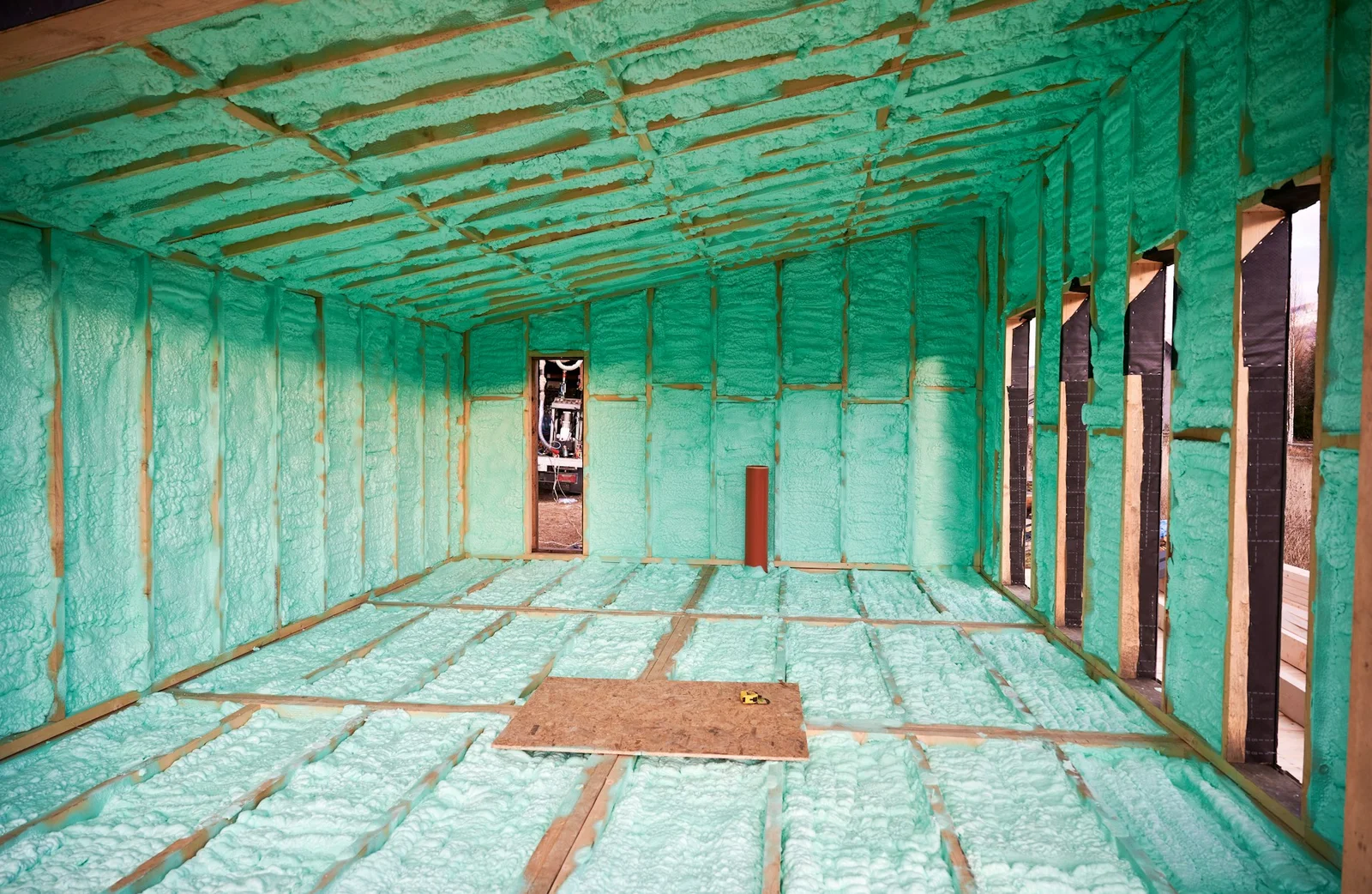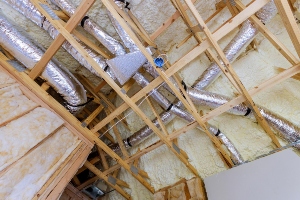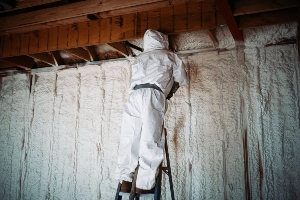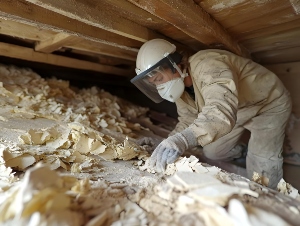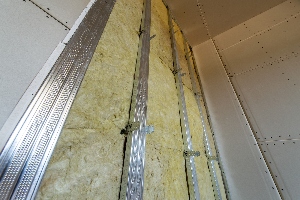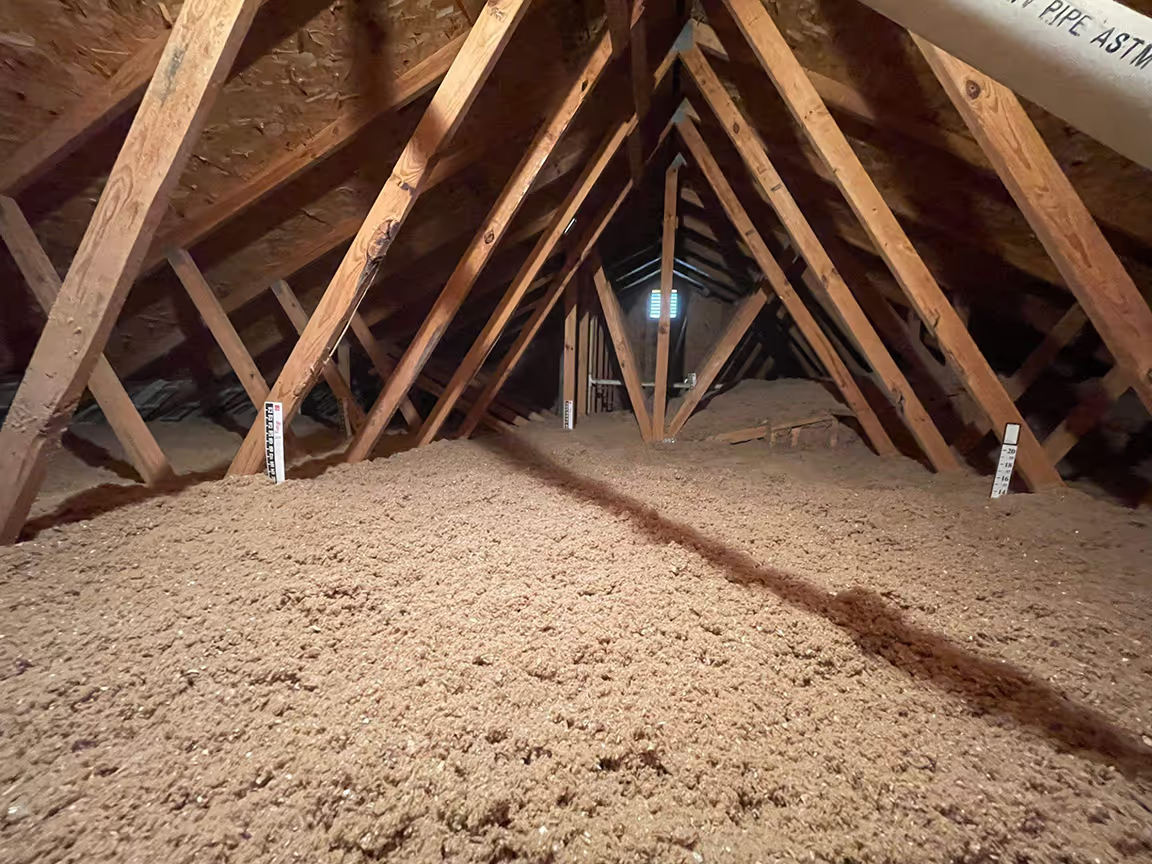Ever wondered how long your home insulation will last and how it impacts your energy bills? Here’s what you need to know to ensure it stands the test of time.
Understanding Insulation
Insulation is essential for maintaining energy efficiency in your home. It helps keep your living space comfortable by minimizing heat loss during winter and heat gain during summer. Choosing the right type of home insulation depends on various factors, including your climate, budget, and specific needs for your home.
Types of Insulation and Their Materials
Fiberglass: Known for its affordability and effectiveness, fiberglass insulation can last between 20 and 50 years when properly installed. It’s resistant to moisture but can lose effectiveness if it gets wet.
Foam Board: This rigid insulation is excellent for walls and foundations, typically lasting 25 to 30 years. It provides strong thermal resistance but needs to be correctly installed to avoid gaps.
Spray Foam: Expanding upon application, spray foam insulation forms an airtight seal and can last over 80 years. It’s highly durable but requires professional installation to avoid potential issues like off-gassing.
Cellulose: Made from recycled paper, cellulose is an eco-friendly option that generally lasts 20 to 30 years. It’s treated with fire retardants to resist pests and decay, but it may settle over time, affecting its effectiveness.
R-Values and Energy Efficiency
The R-value of insulation indicates its thermal resistance. A higher R-value means better insulation performance. Here are common R-values for various types:
- Fiberglass Batt: 3.1 – 4.3 per inch
- Rigid Foam Board: 4.0 – 6.5 per inch
- Spray Foam: 3.6 – 6.5 per inch
- Cellulose: 3.1 – 3.7 per inch
Using insulation with a high R-value can lead to lower energy bills by enhancing your home’s thermal barrier, which in turn improves energy efficiency and comfort.
Factors Affecting Insulation Longevity
Several factors can impact the lifespan of your insulation:
Moisture and Water Damage
Moisture is one of the biggest threats to insulation. When insulation absorbs water, it can lose its effectiveness. Excess moisture can come from leaks, condensation, or high humidity.
Mold and mildew thrive in damp conditions. If they develop on your insulation, it may become damaged and must be replaced. This damage can lead to health issues and further harm the structure of your home.
To prevent moisture-related problems, ensure proper ventilation in your home. Use vapor barriers and check for leaks regularly to keep insulation dry and effective.
Pests and Infestations
Pests like rodents and insects can damage insulation. They may burrow into materials or create nests, leading to serious wear and tear. This damage can reduce insulating properties and compromise your home’s energy efficiency.
Regular inspections are essential for identifying and addressing any infestations early. You can also use pest-resistant insulation materials to minimize risks. Be cautious, as some insulation types are more appealing to pests than others.
Keeping your home clean and sealing entry points can help prevent infestations. Effective pest control measures can protect your insulation from damage and prolong its life.
Aging and Physical Degradation
As insulation ages, it naturally degrades. Different materials age at different rates. For example, fiberglass can become less effective over time. Loose-fill insulation may settle, creating gaps in coverage.
Wear and tear from factors like temperature changes also affect insulation longevity. Fluctuations can cause materials to expand and contract, leading to cracks and breaks.
Regular maintenance checks can help you assess the condition of your insulation. If you notice signs of degradation, consider replacing it. Durable insulation types can help ensure a longer lifespan.
Maintaining and Replacing Insulation
Keeping your home’s insulation in good shape is important for energy efficiency and comfort. Knowing when to replace it and whether to do it yourself or hire a professional can save you time and money.
When to Replace Insulation
Look for signs that your insulation needs replacement. If you notice drafty areas, this indicates air leaks, which can lead to higher energy bills. Uneven heating and cold spots in your home suggest that insulation isn’t doing its job.
Check for signs of damage, such as water stains or mold. Degrading insulation may not protect your home effectively. If your insulation was installed more than 15-20 years ago, consider an inspection. Older installations may not meet today’s energy standards, reducing their effectiveness.
DIY Vs. Professional Replacement
Deciding between DIY replacement and hiring a professional depends on your skills and the type of insulation. For small areas, such as attics or basements, you might manage the task yourself. Just make sure to wear proper safety gear and follow guidelines.
For larger projects, like wall cavity insulation, it’s wise to hire a professional. At Terra Insulation, our specialists have the tools and expertise to complete the job efficiently. This option can be more cost-effective in the long run and can help avoid potential issues like air leaks or improper installation.
Upgrading for Improved Energy Efficiency
When replacing insulation, consider upgrading to more modern materials like spray foam or recycled options. These materials often offer better thermal resistance and can contribute to reduced energy bills and a more comfortable living space. An upgrade can improve energy efficiency and align with eco-friendly practices, ultimately benefiting both your home and the environment.
By understanding the longevity and maintenance of different insulation types, you can make informed decisions that enhance your home’s comfort and energy efficiency for years to come.
At Terra Insulation, we are dedicated to providing you with expert advice on insulation options tailored to your specific needs.
Contact us today to maximize your energy efficiency with top-quality insulation.

